Johannes Brahms
The Symphonies - 4 Volumes in a Slipcase
Johannes Brahms only approached the symphony genre slowly and with a great many qualms. After he had revised and rejected numerous earlier attempts, he did not introduce himself to the public as a symphonic composer until November 1876 with his Opus 68. Three further symphonies were to follow in less than ten years. Today, these four symphonies are core works in the symphonic repertoire – and at the same time are milestones documenting the progress of the Brahms Complete Edition, based in Kiel and initiated in 1996 with the First Symphony. Since then the renowned Brahms scholars Robert Pascall and Michael Struck have published all four works in the Complete Edition. We have taken this opportunity to bring together Brahms’ symphonies in one reasonably priced slipcase: Research on the highest level in four convenient study scores.
Content/Details
About the Composer

Johannes Brahms
His significant output comprises chamber music, piano works, numerous choral compositions and songs (including settings of folk-song lyrics), as well as large-scale orchestral works in the 1870s and 1880s. His compositions are characterized by the process of developing variation. He is considered an antithesis to the New German School around Liszt, and an advocate of “absolute” music.
| 1833 | Born in Hamburg on May 7, the son of a musician. His first piano instruction with Willibald Cossel at age seven, then with Eduard Marxen; first public performances from 1843. |
| 1853 | Concert tour through German cities; he meets Schumann, who announces him as the next great composer in his essay “Neue Bahnen” (“New Paths”). A lifelong, intimate friendship develops with Clara Schumann. |
| 1854–57 | Piano Concerto No. 1 in D minor, Op. 15. |
| 1857–59 | Choir director, pianist, and teacher at the royal court in Detmold. |
| 1859–61 | Director of the Hamburg Women’s Choir. |
| 1860 | Manifesto against the New Germans around Liszt. |
| 1863 | Cantata “Rinaldo,” Op. 50. |
| 1863–64 | Director of the Wiener Singakademie. |
| 1868 | Partial performance in Vienna of “A German Requiem,” Op. 45 (the complete work premiered in Leipzig in 1869) |
| 1871–74 | Artistic director of the Gesellschaft der Musikfreunde (Society of Friends of Music) in Vienna. |
| 1873 | Haydn Variations, Op. 56a, for orchestra. |
| from 1877 | His symphonic output begins with the Symphony No. 1 in C minor, Op. 68 (begun 1862); composition of the Symphony No. 2 in D major, Op. 73; the Symphony No. 3 in F major, Op. 90 (1883); and Symphony No. 4 in E minor, Op. 98 (1884–85): cantabile themes, chamber-music-like style. |
| from 1878 | Travels in Italy. |
| 1878 | Violin Concerto in D major, Op. 77, for Joseph Joachim. |
| 1881 | Piano Concerto No. 2 in B-flat major, Op. 83, with a scherzo movement. |
| 1886 | Honorary president of Vienna’s Tonkünstlerverein (Association of Musicians). |
| 1897 | Four Serious Songs, Op. 121. Dies in Vienna on April 3. |
About the Authors
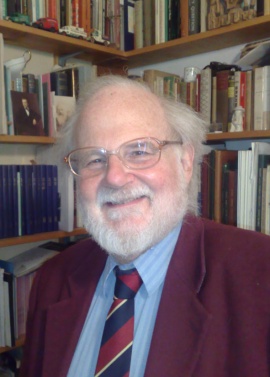
Robert Pascall (Editor)
Prof. Dr. Robert Pascall (b. Colwyn Bay, 1944, d. June 9, 2018) studied under Sir Jack Westrup at Oxford. He wrote books, analyses and editions of music from Bach to Schoenberg, with a special focus on Brahms. He was Professor and Head of Music at the University of Nottingham 1988-1998 and at Bangor University 1998-2005.
Until his death he was Honorary Professor of Music Philology at the University of Cambridge. He acted as Vice-chair of the new Complete Brahms Edition from its inception in 1991 and was then a member of its Beirat. He edited the symphonies for this edition, including Brahms’s own arrangements of them for piano duet, and advised conductors and orchestras on historically informed performance of Brahms’s music. He was President of the Society for Music Analysis 1996-2000, and was Corresponding Director of the American Brahms Society and an Honorary Member of the Royal Musical Association.
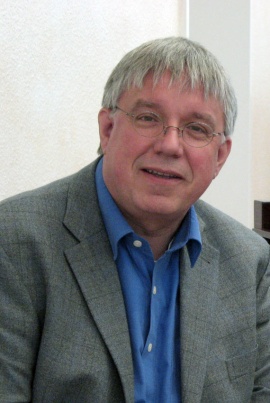
Michael Struck (Editor)
Dr. Michael Struck, born in 1952 in Hannover, studied school music, private music teaching, piano (diploma, class of Werner Schröter), musicology (Constantin Floros) and pedagogy at the music conservatory in Hamburg and at Hamburg University. In 1984 he completed his doctorate with a thesis on Schumann’s controversial late instrumental works.
He is a research associate at the research centre the new “Johannes Brahms Complete Edition” at Kiel University (member of the editorial board), as well as editor and supervisor of numerous volumes. He is the author of many musicological publications on music of the 18th to 20th centuries and other work editions. Struck is also a music critic. As a pianist he has given concerts with the vocal ensemble of Kiel University as well as with the Wiesbaden Chamber Choir and has given concert lectures (in 1989, 1997, 2001, 2005 as part of the matinees on “Raritäten der Klaviermusik” in Husum). In 2009 he was awarded the Schumann Prize of the City of Zwickau, in 2010 as a scholar at the Brahms Research Centre at the Musikwissenschaftliches Institut of Kiel University he was a co-prizewinner of the Brahms Prize 2010, conferred by the Brahms-Gesellschaft Schleswig-Holstein.
Product Safety Informations (GPSR)

G. Henle Verlag
Here you can find the information about the manufacturer of the product.G. Henle Verlag e.K.
Forstenrieder Allee 122
81476 München
Germany
info@henle.de
www.henle.com
推荐
autogenerated_cross_selling
本书目其他版本


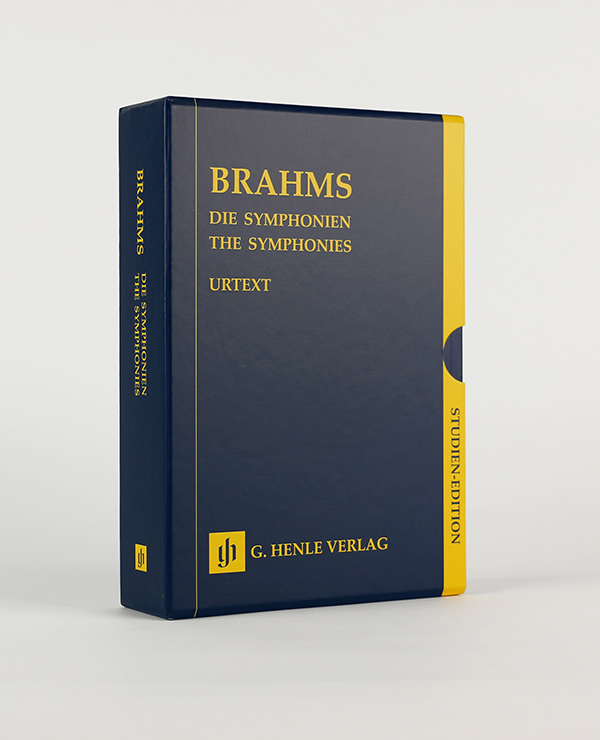
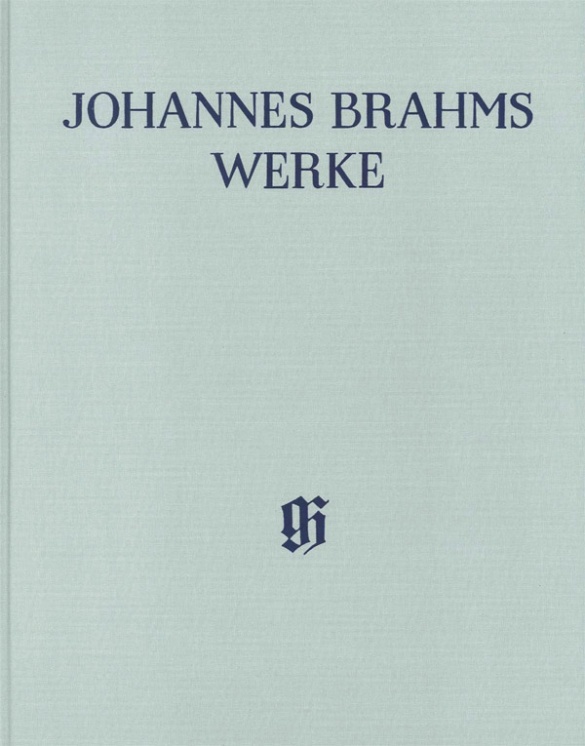
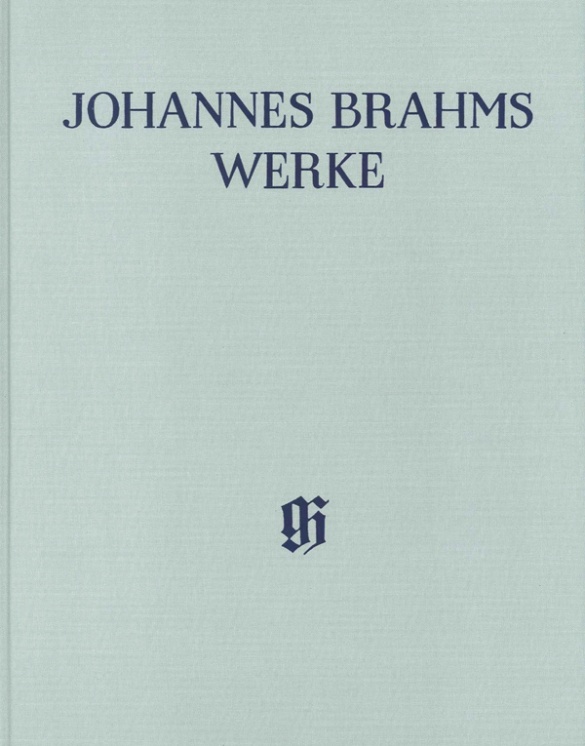
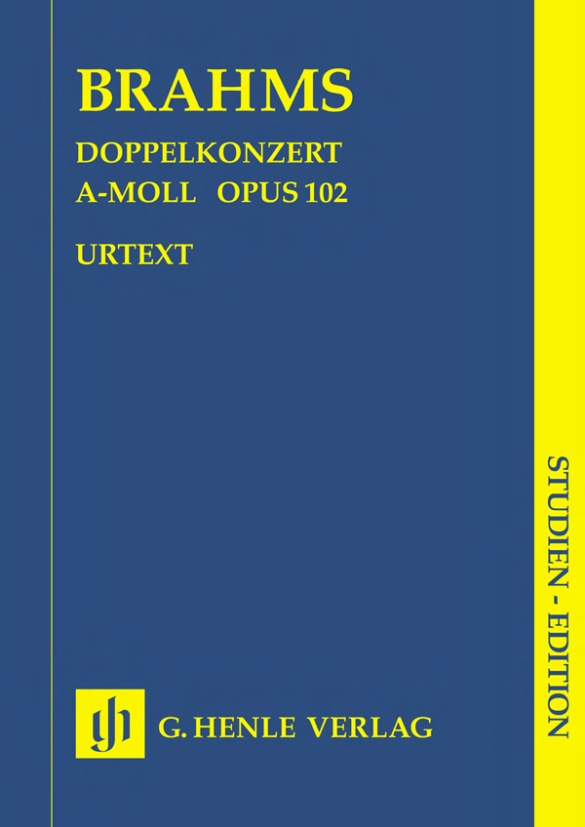
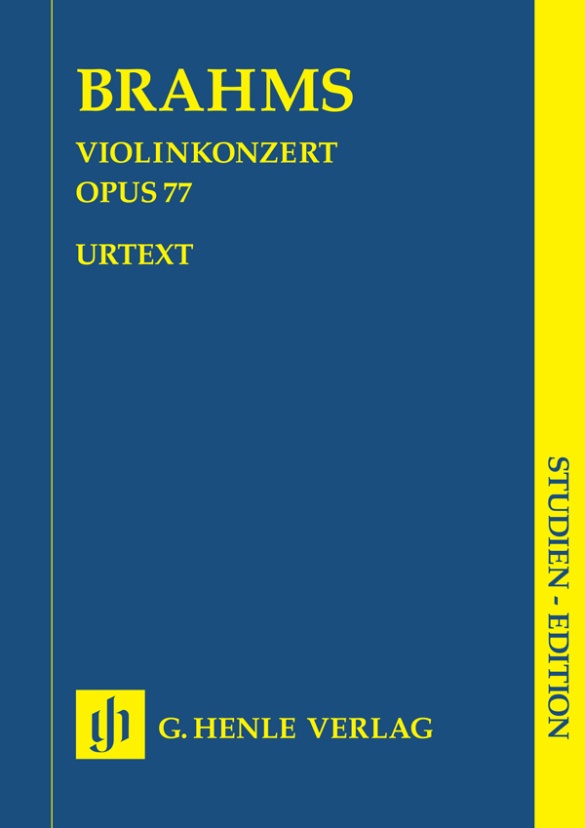
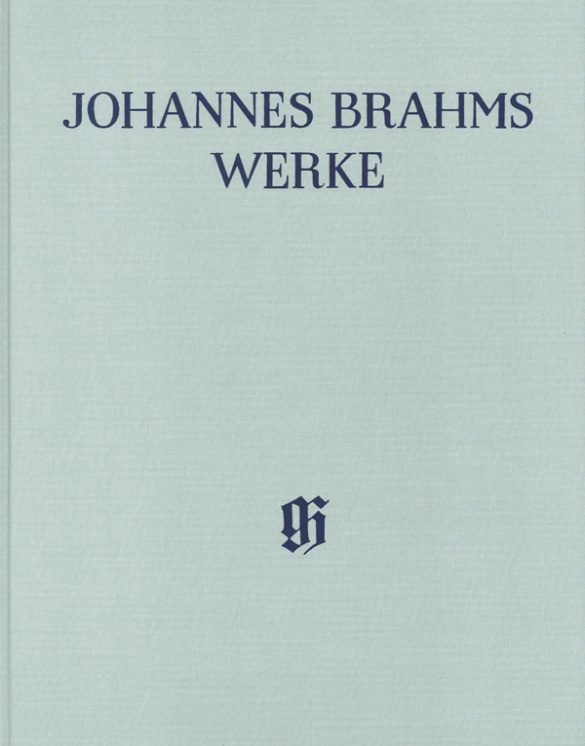

Orchestral material from Breitkopf & Härtel